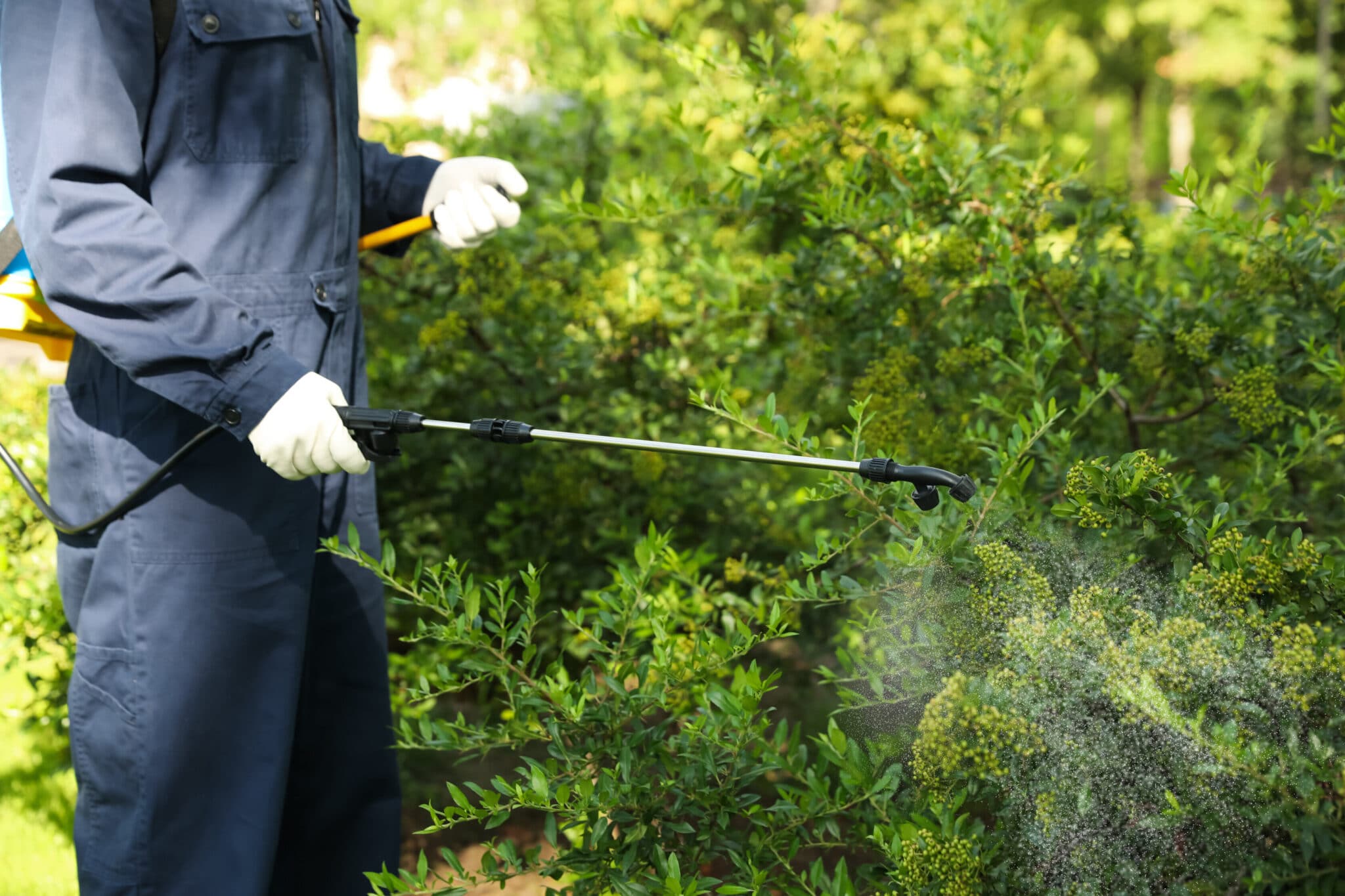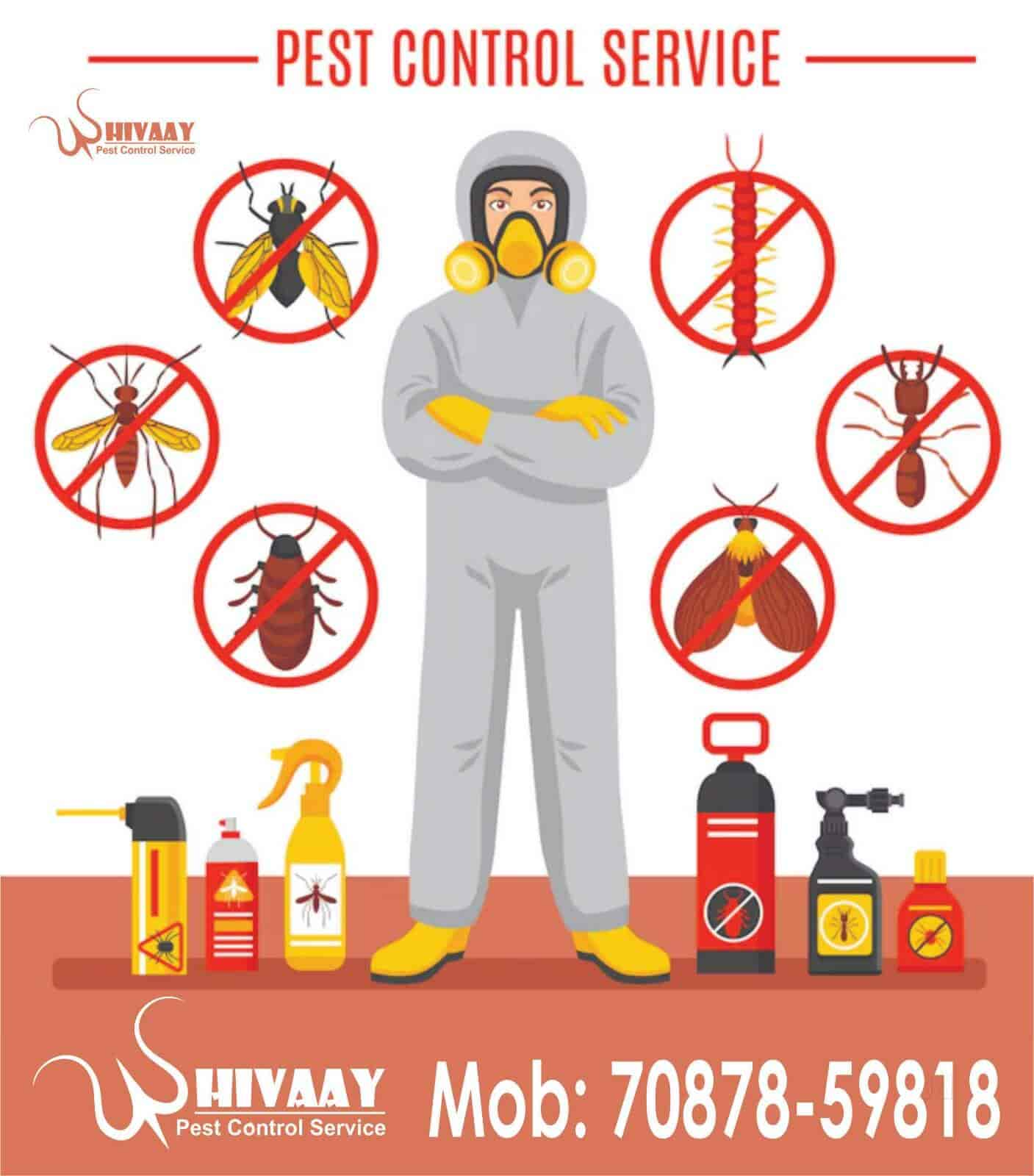Find the Best Exterminator Coquitlam for Fast and Reliable Pest Control
Find the Best Exterminator Coquitlam for Fast and Reliable Pest Control
Blog Article
Safe and Trustworthy Insect Control for Lasting Defense
Effective pest administration requires a multifaceted method that stabilizes ecological stability with the demand for reliable insect reductions. The subtleties of these techniques may not be instantly clear, prompting a more detailed exam of the methods that can lead to sustainable insect control outcomes.
Recognizing Pest Control Techniques
Bug control includes a variety of methods focused on managing and getting rid of unwanted insects and rats that can endanger both health and property. Comprehending these approaches is critical for efficient insect administration.
The primary groups of insect control methods consist of mechanical, biological, and chemical approaches. Mechanical methods include physical obstacles and catches to stop insect entrance and capture undesirable varieties. Making use of screens on home windows or using sticky traps can dramatically decrease bug populations without introducing damaging substances - exterminator coquitlam.

Chemical bug control is often the most acknowledged method, utilizing pesticides to get rid of pests. These chemicals can be reliable yet should be used with caution to avoid adverse impacts on non-target varieties and the environment.
Benefits of Eco-Friendly Solutions
Just how can eco-friendly solutions change insect control practices? The adoption of green insect control methods offers various benefits, substantially boosting the efficiency and safety of bug management.

An additional advantage is the favorable impact on regional biodiversity. Environment-friendly solutions are designed to target particular parasites while preserving advantageous insects and wild animals, promoting a balanced environment. This strategy aligns with the growing consumer need for lasting methods, boosting the reputation of insect control suppliers.
Integrated Bug Monitoring Techniques
The implementation of eco-friendly options naturally results in the adoption of Integrated Parasite Administration (IPM) methods, which better improve bug control effectiveness. IPM is an alternative strategy that integrates several methods to handle insect populations while decreasing ecological influence. This method emphasizes using biological, cultural, mechanical, and chemical controls, making sure a well balanced and lasting method of bug management.
One fundamental facet of IPM is the extensive analysis of parasite task and environmental problems. By monitoring bug populations and recognizing their life process, practitioners can carry out targeted interventions that disrupt the bug's environment or lifecycle, minimizing reliance on chemical pesticides. Furthermore, social practices such as plant rotation and environment manipulation can considerably reduce parasite establishment and recreation.
An additional critical part is using organic control agents, such as advantageous bugs or bacteria, which can normally reduce parasite populations. When chemical applications are essential, IPM prioritizes the use of low-risk pesticides and uses them selectively, decreasing direct exposure to non-target microorganisms and human beings.
Integrating IPM approaches not only improves parasite control efficiency yet additionally promotes a more secure community, lining up with the expanding demand for sustainable practices in parasite management.
Safe Practices for Homeowners
Understanding the significance of risk-free methods in pest control can equip house owners to properly manage bug problems while protecting their wellness and the setting. Applying precautionary procedures and safe techniques is critical in minimizing direct exposure to unsafe chemicals.
Property owners must first examine their setting for problems that attract pests, such as standing food, clutter, and water waste. Consistently cleansing and securing entry factors can prevent bugs from getting into the home. Making use of all-natural deterrents, such as necessary oils or diatomaceous planet, can supply efficient options to chemical pesticides.
When chemical therapies are necessary, homeowners need to choose products that are particularly labeled as secure for domestic use. It is vital to adhere to application guidelines diligently to stay clear of too much exposure. Additionally, using targeted therapies in areas where insects are identified, instead of blanket splashing, can substantially decrease how to do pest control chemical usage.
Finally, maintaining open interaction with insect control professionals is important. Homeowners should ask about the security of items made use of and request environmentally friendly choices whenever possible. By adopting these risk-free practices, property owners can develop a healthier living setting while effectively handling pest issues.

Tips for Long-Term Defense
Establishing a parasite administration technique that stresses long-term defense can considerably enhance the efficiency of the secure techniques formerly talked about. To accomplish this, property owners should carry out normal evaluations of their home, concentrating on concealed areas such as attic rooms, cellars, and crawl rooms. Early discovery of insect task is critical in preventing invasions from taking hold.
Additionally, preserving a clean setting is vital. This includes appropriate food storage space, promptly cleaning spills, and routinely dealing with waste. These practices reduce attractants that attract pests into the home. Furthermore, sealing entrance factors, such as fractures around doors and windows, can properly obstruct prospective bug gain access to.
Landscape design must additionally be considered; maintaining plants trimmed and preserving a distance in between plants and the home reduces hiding places for parasites. Making use of all-natural deterrents, such as vital oils or diatomaceous earth, can further inhibit invasions without considering extreme chemicals.
Lastly, collaborating with a professional parasite control solution for regular assessments can give an extra layer of safety and security. These professionals can provide tailored referrals and progressed therapies, guaranteeing that your home continues to be safeguarded versus pests in the long-term.
Conclusion
To conclude, reputable and secure parasite control requires a multifaceted technique that highlights environment-friendly approaches and integrated parasite administration. By implementing all-natural deterrents, performing routine evaluations, and keeping proper hygiene, homeowner can dramatically reduce pest populaces while safeguarding beneficial pests and the environment. Cooperation with expert insect control solutions enhances the efficiency of these strategies, guaranteeing tailored options that provide lasting defense and peace of mind versus future invasions.
Efficient bug administration requires a complex method that balances eco-friendly honesty see this website with the requirement for effective parasite reductions. The fostering of environmentally friendly bug control methods provides numerous advantages, dramatically enhancing the effectiveness and safety and security of insect monitoring.The execution of environmentally friendly services naturally leads to the adoption of Integrated Pest Administration (IPM) techniques, one time termite treatment which additionally improve parasite control effectiveness. exterminator coquitlam. By keeping track of insect populations and recognizing their life cycles, practitioners can apply targeted interventions that interfere with the parasite's environment or lifecycle, decreasing reliance on chemical pesticides.In final thought, safe and trustworthy parasite control requires a complex method that emphasizes environment-friendly approaches and integrated pest management
Report this page